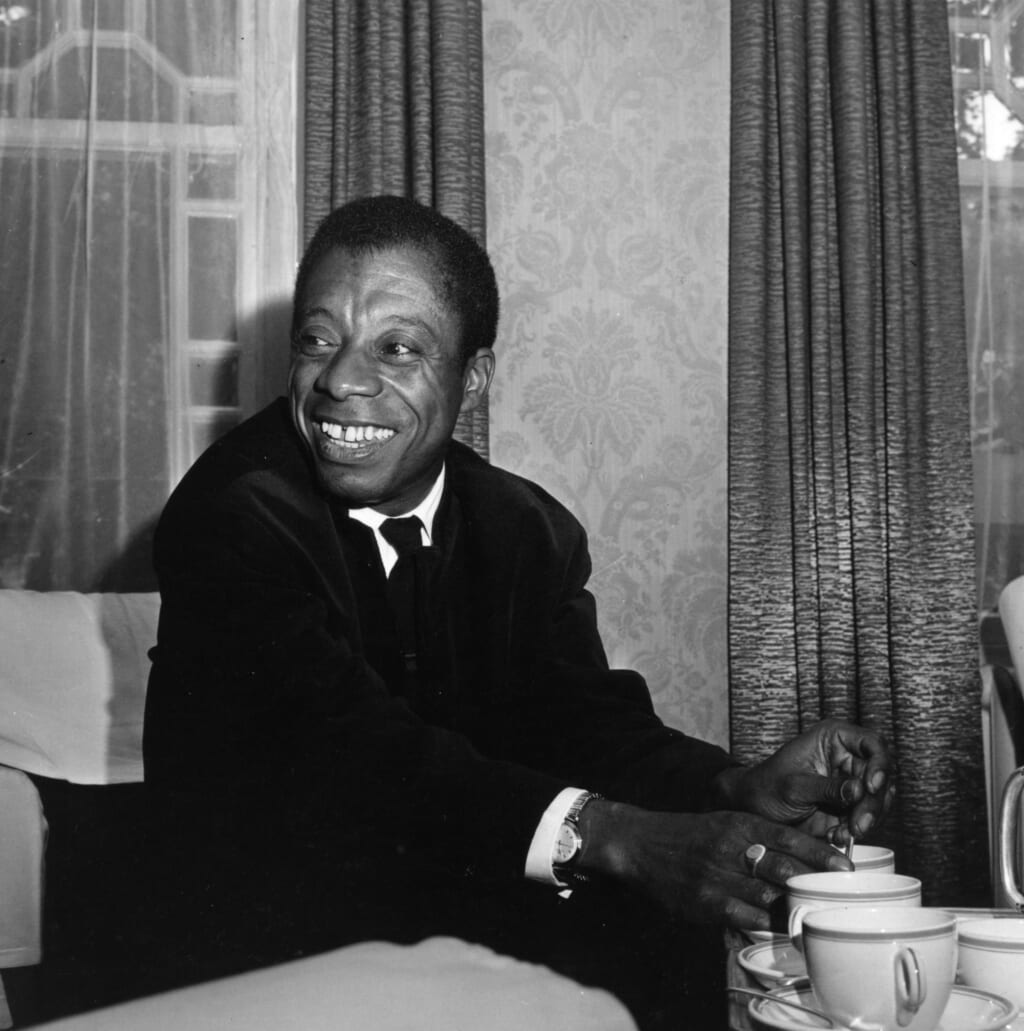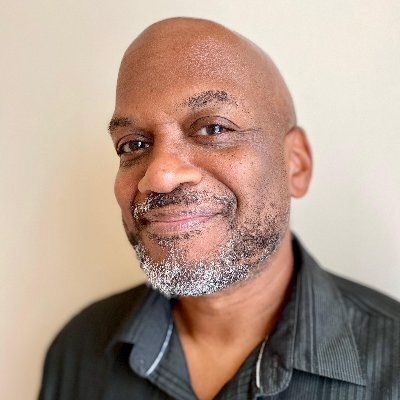Time to reexamine Frederick Douglass’ ‘What to the Slave is the Fourth of July?’
OPINION: In a nation in denial over systemic racism, freedom is elusive for the descendants of the enslaved
On this Fourth of July, a day of independence for some but not for Black people, there is no better time to reflect on Frederick Douglass’ speech, “What to the Slave is the Fourth of July?”
Delivered in Rochester, New York, on July 5, 1852, on the 76th anniversary of the signing of the Declaration of Independence, the preeminent abolitionist, statesman, writer and orator took the opportunity not to celebrate America, but to remind everyone that this nation is not a place where Black folks are free.
“This Fourth of July is yours, not mine. You may rejoice, I must mourn,” Douglass said, then asking the audience, “Do you mean, citizens, to mock me, by asking me to speak today?”

Cutting like a knife nearly 170 years ago, Douglass’ words are just as relevant and resonating to what Black people are experiencing today. After commemorating Juneteenth just a few weeks ago, and as America celebrates the independence of white colonists from an oppressive British monarchy, an oppressed Black America must always remind white America that it has nothing to celebrate on July 4 each year. Given the centuries-long history of persecution against Black people — much of which still permeates society in the twenty-first century — there is no way we can take pride in American freedom. This, as we fight for our freedom at this very moment, as we speak, in the so-called land of the free.
Back then, as now, America is faced with two narratives: The myth of American exceptionalism — that America is a great nation, the best place and can do no wrong — versus the reality that African people have been held in bondage in what we have been told is the cradle of liberty. Douglass called out America for being two-faced.
“What, to the American slave, is your 4th of July? I answer; a day that reveals to him, more than all other days in the year, the gross injustice and cruelty to which he is the constant victim,” Douglass said.
“To him, your celebration is a sham; your boasted liberty, an unholy license; your national greatness, swelling vanity; your sound of rejoicing are empty and heartless; your denunciation of tyrants brass fronted impudence; your shout of liberty and equality, hollow mockery; your prayers and hymns, your sermons and thanksgivings, with all your religious parade and solemnity, are to him, mere bombast, fraud, deception, impiety, and hypocrisy — a thin veil to cover up crimes which would disgrace a nation of savages,” he added.
“There is not a nation on the earth guilty of practices more shocking and bloody than are the people of the United States, at this very hour.”
We should go back to Africa if we don’t like it here, we are told — our people built both lands — with no mention of the circumstances that brought us here in the first place. From the first slave ship to cross the Middle Passage, our story has been one of a 400-year protest to get free. Meanwhile, from day one, white America has fought and continues to fight against our freedom, fearing that when we are fully and truly free, Black folks will pay back the favor and get even — for our abduction, for that perilous and deadly boat ride to the forced labor camps and everything that has happened since.
In a never-aired ABC interview from 1979 that was too much for white people to handle, James Baldwin laid it all out, echoing Douglass.
“White people go around, it seems to me, with a very carefully suppressed terror of Black people, tremendous uneasiness. They don’t know what the blackface hides,” he noted. “They’re sure it’s hiding something. What it’s hiding is American history, you know. What it’s hiding is what white people know they have done and are doing.”
“White people know very well one thing. It’s the only thing they have to know. They know this, everything else they say is a lie,” Baldwin continued. “They know they would not like to be Black here. They know that. Now they know that, and they’re telling me lies. They’re telling me and my children nothing but lies.”
In a nation in denial over systemic racism, freedom is elusive for the descendants of the enslaved.

Black people need reparations for centuries of intergenerational trauma, forced labor, theft and torture. Police continue to torture and murder Black bodies, unable to separate from their slave patrol origins. Whether Black people should have equal voting rights is a question open for debate, as Republicans enact Jim Crow voter suppression laws in state legislatures, and Democrats seek bipartisanship with white supremacists on the federal level.
Congress just voted to remove statues of Confederate domestic terrorists from the U.S. Capitol, over a century-and-a-half after the end of the Civil War. And yet, there is little-to-no accountability for the white insurrectionists who planned, funded and executed the Jan. 6 attack on the Capitol. This, as the skeletons of Black children and adults lynched in the Tulsa Race Massacre are unearthed after a century in unmarked mass graves. And white nationalist politicians gaslight us with laws prohibiting the teaching of systemic racism, slavery and anything that makes America look bad, makes white people feel uncomfortable and causes the shedding of white tears. Juneteenth is a federal holiday, but teaching Juneteenth, or Tulsa, or Black Lives Matter is forbidden in school. None of this is meant to make sense.
Douglass condemned the Founding Fathers for making “the right to hold and to hunt slaves” a part of the Constitution and attacked the American church for upholding slavery and siding with the oppressor. He understood the “right of the hunter to his prey“ reigned supreme in America, and the “hideous monster” of slavery had to be destroyed.
“The existence of slavery in this country brands your republicanism as a sham, your humanity as a base pretense, and your Christianity as a lie. It destroys your moral power abroad; it corrupts your politicians at home … It is the antagonistic force in your government, the only thing that seriously disturbs and endangers your Union,” Douglass said, warning “a horrible creature is nursing at the tender breast of your youthful republic.”
Even today, the nation has not eradicated Black oppression. We experience inequity and injustice everywhere. And the greatest threat to the United States is white supremacist domestic terror. Nothing to celebrate here.
“I am not included within the pale of this glorious anniversary! Your high independence only reveals the immeasurable distance between us. The blessings in which you, this day, rejoice, are not enjoyed in common,” Douglass proclaimed. “The rich inheritance of justice, liberty, prosperity and independence, bequeathed by your fathers, is shared by you, not by me. The sunlight that brought life and healing to you, has brought stripes and death to me.”

Follow David A. Love on Twitter at @davidalove.
Have you subscribed to theGrio’s podcast “Dear Culture”? Download our newest episodes now!
TheGrio is now on Apple TV, Amazon Fire, and Roku. Download theGrio today!
The post Time to reexamine Frederick Douglass’ ‘What to the Slave is the Fourth of July?’ appeared first on TheGrio.
from TheGrio https://ift.tt/3Asl1d5
No comments: